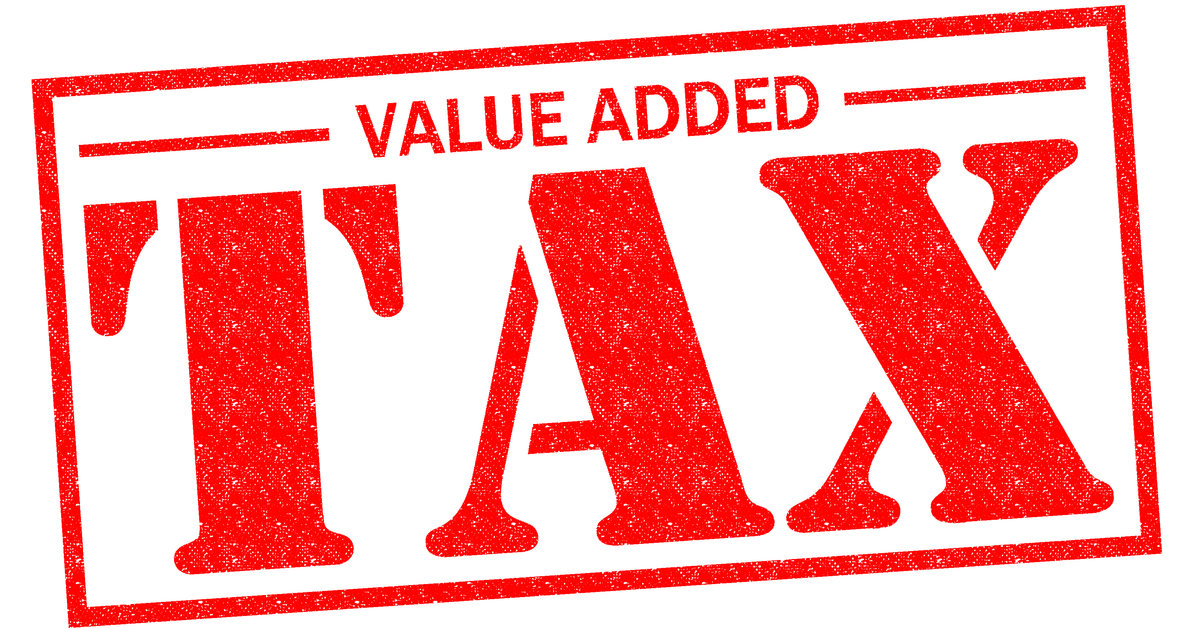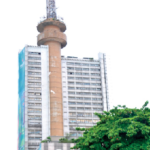The year 2020 has got its ups and downs for many businesses in Nigeria especially as they felt the brunt of the COVID-19 pandemic and its attendant lockdown as well as multiple taxes from the various authorities of governments.
Mostly affected was the Micro Small and Medium-scale Enterprises (MSMEs). In a 2020 survey by the PricewaterhouseCoopers (PWC), the MSMEs in Nigeria account for 96 per cent of the total number of businesses in the country and contribute about 50 per cent to the national gross domestic product (GDP).
Apart from the COVID-19 pandemic and the lockdown, the EndSARS protest was another bane for the MSME sector that was attempting to recover later in the year.
The Lagos Chamber of Commerce and Industry (LCCI) this week said the restrictions being placed by some states due to the rising second wave of the pandemic and the lockdown enforced months ago by the government cost the MSMEs in Lagos N2.7 billion revenue.
The LCCI Director-General, Dr Muda Yusuf highlighted the major challenges faced by the business community in the outgoing year as, liquidity crisis in the foreign exchange market, sharp exchange rate depreciation, high energy and production cost.
“Also, ports congestion, cumbersome and burdensome customs processes, insecurity, inconsistent policies, regulatory uncertainties, land border closure and Apapa traffic gridlock.”
Chairman of the SME Group of LCCI, Dr Daniel Okezie, described the effect of the various crises the country experienced in 2020 as really damaging to the SME businesses.
A lot of SMEs also could not continue due to the incidences that occurred during the year while some downsized by reducing the number of their employees.
Another issue which affected SMEs in 2020 according to Okezie was that people were not able to buy or move goods easily due to the border closure, lockdown as well as inaccessibility of the airport and seaport. A lot of businesses were disrupted, directly or indirectly.
There is the need for infrastructural development if the MSME is to thrive. A director at the Small and Medium Enterprises Development Agency of Nigeria (SMEDAN), Dr Friday Okpara, also said despite the MSME serving as the engine that drives the economy, the sector in Nigeria lack basic infrastructures which generally have tremendous impact on the cost on the cost of doing business.
“The Government palliatives are not much. The government is not doing enough to actually get them out of the pandemic especially in terms of job loss, as many people were affected by the way they lost their income.”
Away from the challenges in 2020, there were many positives too. In May, the federal government announced that new MSMEs will access the National Agency for Food and Drugs Administration and Control (NAFDAC) registration of their products at 80 per cent discount rate for six months.
In July, the federal government announced a N2.3 trillion stimulus package and survival fund for MSMEs to stay afloat amid the economic challenges imposed by the pandemic.
In October, Shola Akinlade of Paystack said the tech start-up firm partnered with Google to aid over 500,000 SMEs in Nigeria, Kenya and South Africa.
The Lagos State Employment Trust Fund (LSETF) also launched a N5 billion economic recovery support for MSMEs in November.
And in December, the federal government began funding the registration for 250,000 MSME which will be registered at zero cost, under its Economic Sustainability Plan (ESP).
Also in December, the Enhancing Financial Innovation & Access (EFInA) launched a £2 million facility to assist individuals and MSMEs in Nigeria.

 Join Daily Trust WhatsApp Community For Quick Access To News and Happenings Around You.
Join Daily Trust WhatsApp Community For Quick Access To News and Happenings Around You.


